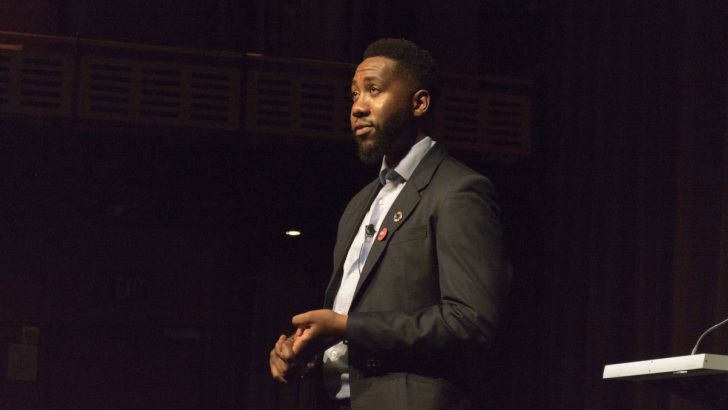Going to the Mountain: Life Lessons from my Grandfather, Nelson Mandela
by Ndaba Mandela (Hutchinson, £14.99)
Peter Hegarty
With clear-eyed affection Ndaba Mandela recalls the man who brought him up.
He first met his grandfather in Victor Verster prison shortly before his release in 1990. Mandela – Madiba, as he was popularly known – expected to spend his last years writing, getting to know friends and relatives again, and advising rising African politicians.
But as violence intensified and expectations rose South Africans needed someone to rally around, and naturally looked to Mandela, a man of unquestioned moral authority. He reluctantly agreed to run for the presidency, easily won the contest, and served as the country’s first democratically-elected leader between 1994 and 1999.
During his time in office he restored stability to the country and encouraged whites to believe that they had a future in South Africa. As the author puts it: “Some people thought Madiba should get tough and expel the whites, but he pushed for ‘patience and peace’,” adding, “20 years on, both are getting hard to maintain.”
Hindsight
With hindsight it is easy to see that South Africans, especially those who wanted rapid redistribution of wealth, expected too much of Mandela. Nbada Mandela reminds us that his grandfather was a statesman, not a revolutionary.
In prison he had closely followed the process of decolonisation in Africa, noting that the expulsion of educated white settlers, who knew how things worked, invariably impeded economic progress in the emergent states.
He could not have foreseen the spread of AIDS, which in every year in the last three decades has taken the lives of hundreds of thousands of educated, economically active South Africans.
Apartheid has gone, but it continues to shape people’s lives. The old regime was tough with its political prisoners, who survived solitary confinement and hard labour by disciplining their minds and setting aside their emotions.
Ndaba imagines his grandfather struggling to repress his grief and profound sense of helplessness after learning of the death of his eldest son, Thembi, in 1969, then being denied a temporary release to attend his funeral.
In a letter he urged his second son Kgatho, Ndaba’s father, to bear up: “I will be failing in my duty if I did not point out that the death of Thembi brings a heavy responsibility on your shoulders.’
This, when the young man needed words of comfort from his father.
Kgatho was a hustler and a drinker for much of his adult life and quarrelled continually with Ndaba’s mother before they broke up. He wasn’t around for his son, or not around enough: “My granddad had failed my dad in many of the same ways my dad had failed me.”
Kgatha predeceased his father. Mandela shook the country when he announced that ‘my son’ had died of AIDS.
His grandson regards those words as one of his greatest achievements: they helped create an atmosphere of candour and persuaded a conservative society to come out of denial and start talking about the disease that was ravaging it.


 Ndaba Mandela
Ndaba Mandela